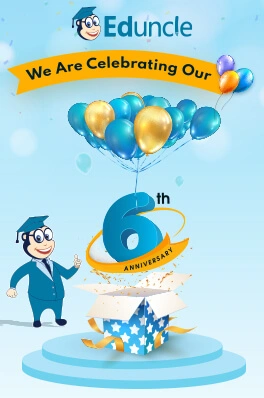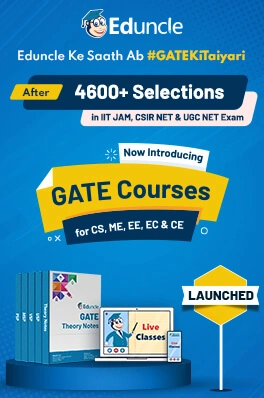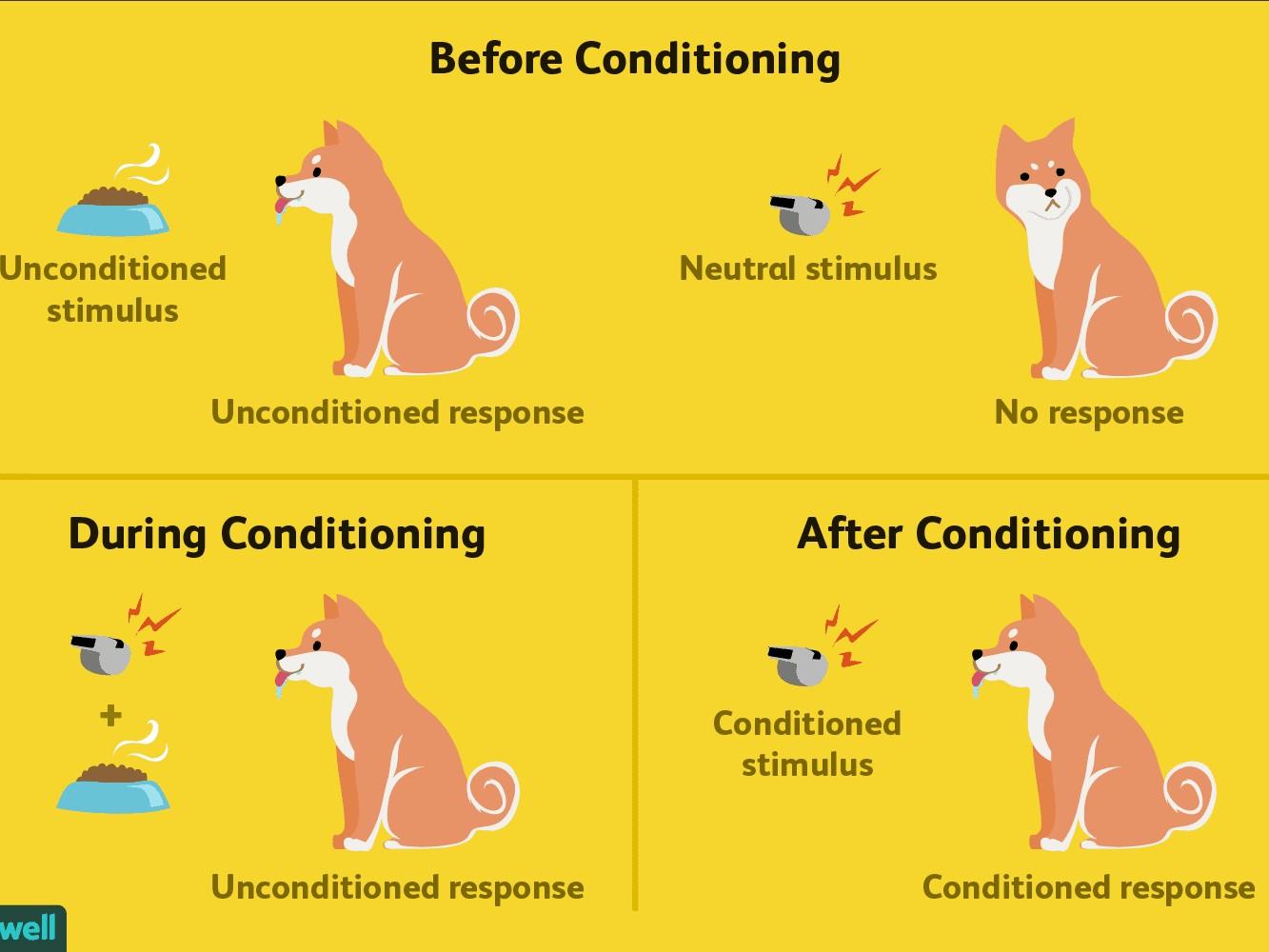Time management is very much important in IIT JAM. The eduncle test series for IIT JAM Mathematical Statistics helped me a lot in this portion. I am very thankful to the test series I bought from eduncle.
Nilanjan Bhowmick AIR 3, CSIR NET (Earth Science)- UGC NET
- Commerce
And not not for oluntary other stimul ung in which which a stim responses. oy another cquires the ca acity to evoke four essential elements of the learni pavlov
and not not for oluntary other stimul ung in which which a stim responses. Oy another cquires the ca acity to evoke four essential elements of the learni Pavlov identified earning processe They are: TUnconditioned stimulus (UCS): The natural stimulus that elicits a natural response. In Pavlov's expenment, (1) the meat powder was the UCS. Unconditioned response (UCR): The natural response elicited to the natural stimulus. In Pavlov's experiment, (ii) the salivation was the UCR. (iii) Conditioned stimulus (CS): The neutral stimulus that does not naturally elicit the target response, but may do so after being associated with the UCS for a number of times. In Pavlov's experiment, the light or the sound of the bell was the CS. iv) Conditioned response (CR): The target response similar to the UCR that originally occurred to the UCS only but after conditioning occurred to CS, even in the absence of the UCS. In Pavlov's experiment, the salivation that occurred in response to the light or bell was the CR. You must remember here that the UCR and the CR are similar but not the same. Pavlov noticed that the amount of salivation was less in response to the light / bell in comparison to the original salivation in response to meat powder. Pavlov used the term 'acquisition' to denote the new learning, In classical conditioning the acquisition occurs due to temporal contiguity of the stimuli, or association in time. In the following section we would see how varying this association may influence the learnt behaviour. Principles of Classical Conditioning ) Reinforcement is an event or a condition that increases the likelihood of a specified response. In the classical In the classical conditioning paradigm, when a conditioned stimulus ceases to be paired with an unconditioned stimulus for a number of times the occurrences of a conditioned response decrease or disappear. This is conditioning paradigm, the unconditioned stimulus itself acts as reinforcement. i) known as extinction. - UCS In the classical conditioning paradigm, spontaneous recovery is the sudden reappearance of the conditioned (111) response following a rest period after extinction. (iv) In classical conditioning paradigm, discrimination refers to the condition where an organism learns to produce a conditioned response to one stimulus, but not to another similar stimulus, as the latter has been systematically kept non-reinforced. (v) Counter conditioning is a replacement of an undesirable conditioned response by a desirable one, by changing the association of conditioned and unconditioned stimuli.
- 0 Likes
- 5 Comments
- 0 Shares
-
Rucha rajesh shingvekar
unconditional stimulus means waha pe koi condition nahi hoti and conditional stimulus means waha pe condition hoti hai
-
Rucha rajesh shingvekar
![best-answer]()
As you may recall, an unconditioned stimulus is something that naturally and automatically triggers a response without any learning. After an association is made, the subject will begin to emit a behavior in response to the previously neutral stimulus, which is now known as a conditioned stimulus.
![cropped7812224101202059838.jpg]()
-
Priya gulani
The stages or principles of classical conditioning are acquisition, extinction, Spontaneous recovery, stimulus generalization and Stimulus discrimination. They are explained as follows: 2.1 Acquisition: The stage or principle of classical conditioning in which the stimulus under observation starts generating a response similar to the unconditioned response is called Acquisition. This is the initial stage of learning in which responses are established and then strengthened as a result of repeated presentations or experiments e.g. in Pavlov experiment ,the time till the dog starts salivation at ring of bell can be called as the stage of acquisition. 2.2 Extinction: If we present conditioned stimulus without the unconditioned stimulus multiple times, the conditioned response starts decreasing till it disappears e.g. it was observed in Pavlov experiment that when ringing bell (conditioned stimulus) was presented without meat (unconditioned stimulus) repeatedly, the response (salivation) started decreasing and eventually it disappeared. This phenomenon is called extinction of a response. 2.3 Spontaneous Recovery: A principle or stage of classical conditioning in which a conditioned response, which has been extinguished earlier, reemerges after a long break is called spontaneous recovery e.g. Pavlov observed that after extinction, when the bell started ringing, the dog salivated at the ring only despite the fact that he did not give any meat to the dog after ringing the bell. Another example is that of a person who has quitted smoking. When in a gathering, he sees people smoking, he feels as if he is smoking. 2.4 Stimulus Generalization: A phenomenon in which the stimuli, similar to the conditioned stimulus, starts generating the same response as that generated by conditioned stimulus is called stimulus generalization e.g. we stop at the red traffic lights without bringing their shape or size in consideration. Although the effect is not as intense as the original one but it helps a lot. Greater the similarity, greater is the effect. 2.5 Stimulus Discrimination: The principle of classical conditioning in which one can differentiate between two stimuli i.e. one can generate the response and the other cannot, is called stimulus discrimination e.g. the ability to differentiate between phone bell and door bell or neighbor’s dog barking and your dog barking.
Do You Want Better RANK in Your Exam?
Start Your Preparations with Eduncle’s FREE Study Material
- Updated Syllabus, Paper Pattern & Full Exam Details
- Sample Theory of Most Important Topic
- Model Test Paper with Detailed Solutions
- Last 5 Years Question Papers & Answers
Sign Up to Download FREE Study Material Worth Rs. 500/-




















Rucha rajesh shingvekar
see this